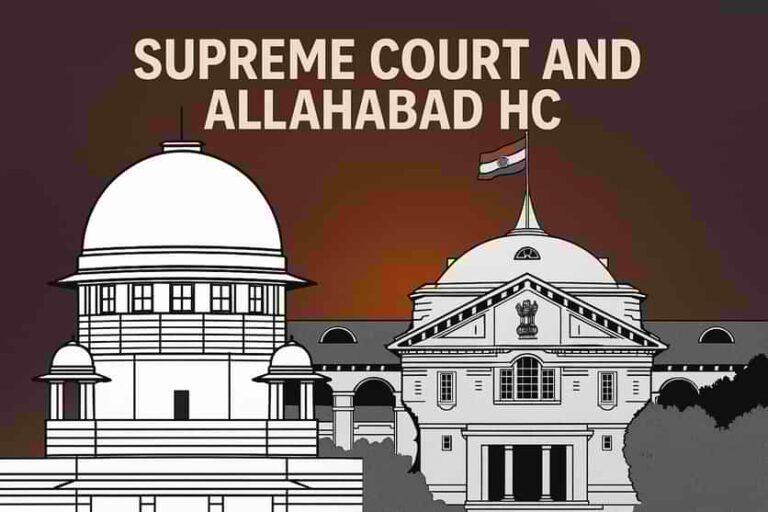In a significant ruling on government tenders, the Supreme Court on Friday set aside an Allahabad High Court order that had upheld the rejection of a bidder’s technical bid for not submitting a “haisiyat praman patra” (solvency certificate) issued by the District Magistrate. The top court held that such a requirement was not mentioned in the tender notice and hence could not be imposed later.
Background
The case arose from a tender floated by the Krishi Utpadan Mandi Parishad to lease a banquet hall and terrace lawn for ten years. Kimberley Club Pvt. Ltd., one of the bidders, was disqualified during the technical evaluation stage because its solvency certificate was issued by a private architect rather than the District Magistrate.
The company approached the Allahabad High Court, claiming that it was the highest bidder and had complied with all conditions. The High Court, however, dismissed the plea, reasoning that a valid “haisiyat praman patra” could only come from the District Magistrate’s office.
Court’s Observations
Hearing the appeal, a bench comprising Justices Surya Kant and Joymalya Bagchi disagreed with the High Court’s interpretation.
The judges pointed out that Clause 18 of the Notice Inviting Tender (NIT) merely required a “haisiyat praman patra” of at least ₹10 crore, but did not specify that it must be issued by the District Magistrate.
“The terms of the NIT must be clear and unambiguous. If the authority intended that such a certificate be issued by the District Magistrate, it ought to have said so explicitly,” the bench observed.
The Court added that the Mandi Parishad was not a government department automatically governed by the 2018 Uttar Pradesh government notification that laid down the process for issuing solvency certificates. Hence, the Parishad could not assume that such a rule applied without expressly including it in the tender.
The bench further rejected the Parishad’s later attempt to justify the disqualification on new grounds such as the valuation certificate not disclosing encumbrances on the property noting that these reasons were introduced for the first time during the court proceedings.
Quoting from its own precedents, the Court remarked, “An order of rejection must stand or fall on the reasons stated therein. Additional grounds cannot be added later to justify it.”
Decision
The Supreme Court concluded that Kimberley Club Pvt. Ltd.’s technical bid had been rejected in violation of the tender’s own terms. It therefore quashed the disqualification and remanded the matter to the Krishi Utpadan Mandi Parishad for reconsideration.
The Parishad has been directed to re-evaluate the appellant’s bid, verify whether its valuation certificate meets the ₹10 crore net-worth requirement (free from encumbrances), and then decide whether to award the remaining contract to Kimberley Club or retain the existing bidder after due negotiations.
With these directions, the appeal was disposed of on October 31, 2025.
Case: Kimberley Club Pvt. Ltd. vs Krishi Utpadan Mandi Parishad & Others
Court: Supreme Court of India
Bench: Justice Surya Kant and Justice Joymalya Bagchi
Citation: 2025 INSC 1276
Date of Judgment: October 31, 2025













